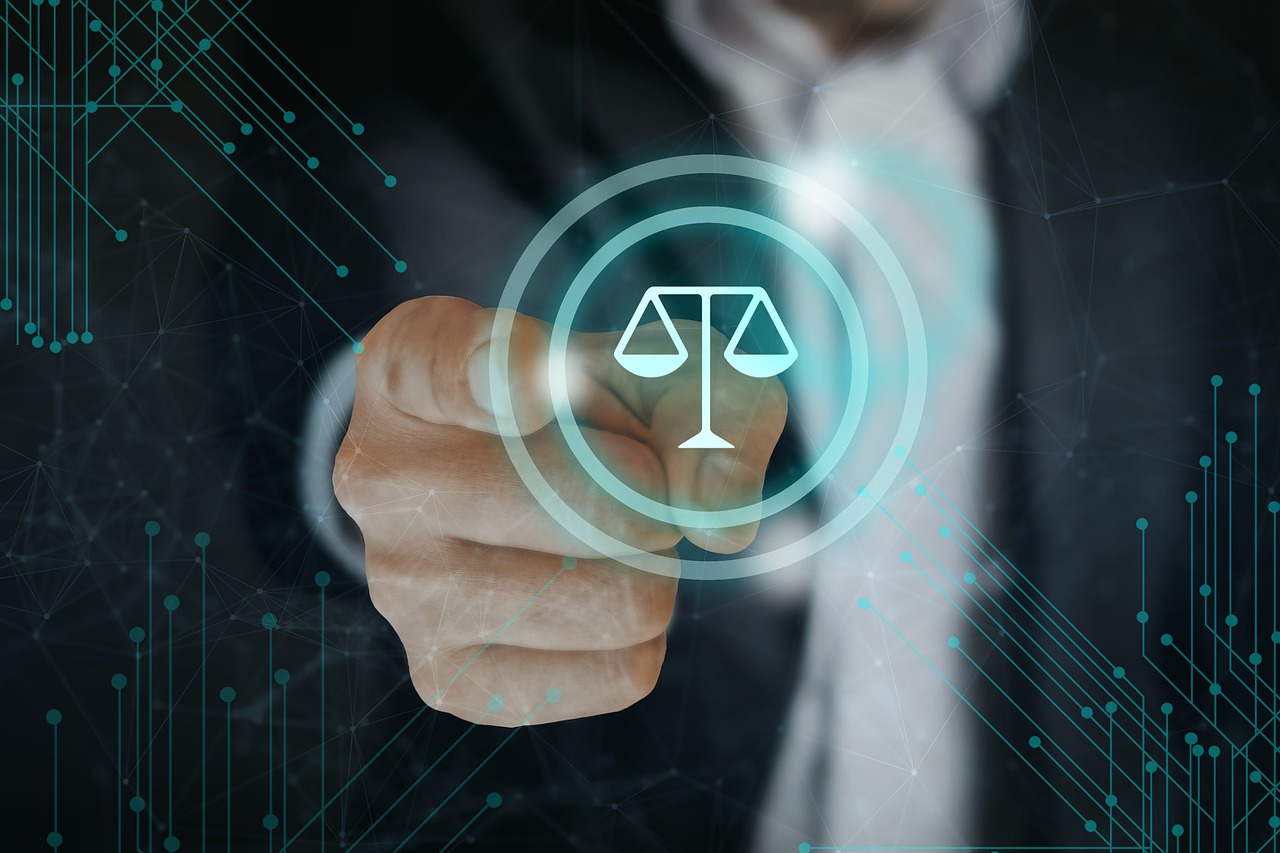A lawyer, if he wants to become an advanced specialist, needs to get a good basic legal education and constantly improve. But becoming a programmer in the hope that it will help you become a successful lawyer is not worth it – both require serious specialization and, accordingly, great efforts. As a result, something may remain unclaimed, or it will not be possible to achieve professional heights in either area. Why be a mediocre lawyer and mediocre programmer – it’s better to become a good specialist in one of these areas.
At the same time, in the digital economy, a lawyer can no longer be completely ignorant of the technical side of the case in which he is engaged. There is a fine line here: there is no need to become a technical specialist, but it is imperative to understand the area of technology in which it is required to protect the rights of an employer or a client. This is the main reason that lawyers at LA Century Law continue to educate themselves on technology to become even better at what they do.

What are the problems of resolving disputes arising in the digital environment?
Problems sometimes arise quite unexpectedly, and sometimes they are expected to some extent. So, about a year ago, when developing a bill on the electronic form of a transaction within the framework of the Digital Economy program, we vigorously discussed the possibility of selling real estate using an electronic digital signature. Some experts believed that this is a completely risk-free zone, while others pointed to the existence of serious risks. The recent high-profile case confirmed the correctness of the latter: the apartment was sold using a digital signature, although the “signer” himself, the owner of the apartment, did not know about it. Now a bill has been submitted to the State Duma aimed at protecting against such risks.
I must say that often controversial situations arising in the digital environment can be resolved with the help of the current legislation. Difficulties are usually caused by the fact that many legal norms, of course, do not directly provide for the possibility of their application to Internet relations. In such circumstances, the interpretation of the legal provisions is required. Unfortunately, many lawyers hope to find prescribed instructions in the law for each life case, and, failing to find it, refer to the existing gaps in the legislation.
Do you think the Internet needs a separate law?
It seems to me that it is necessary to move away from the division into “real” and “virtual”. We really “hang” on the Internet, in the virtual space, but we spend our real-time on this, we work, communicate and even make friends with real people, we buy real goods and get real services, that is, we have quite real relationships, even if they have arisen with the help of information technology.
At the same time, relations on the acquisition of goods or services are regulated by law, the law provides for liability for insulting or “stealing” intellectual property – how important is it that this is done with the help of information technology? There is no reason to develop a separate law for the Internet – it will duplicate existing legislation. But the point, clarifying changes to the current legislation is certainly needed.
How does the master’s program start for future network lawyers?
We proceed from the premise that first of all, our students need to understand the very concept of “digital economy”. Many people perceive this concept only in the context of digitization. But everything is somewhat more complicated: the digital economy is tied to the use of new technologies and technological platforms, such as the Internet of Things, big data, social media, and others. The very emergence of the digital economy is associated with the development of information and telecommunication technologies, which allowed the formation of electronic business and the emergence of an electronic market. Information globalization and digital transformation have led to the establishment of new economic laws that need effective legal support.
A lawyer specializing in digital technologies must understand how to find the right rule in the event of a dispute, he must be able to interpret the law. This will be the main focus of the training.
